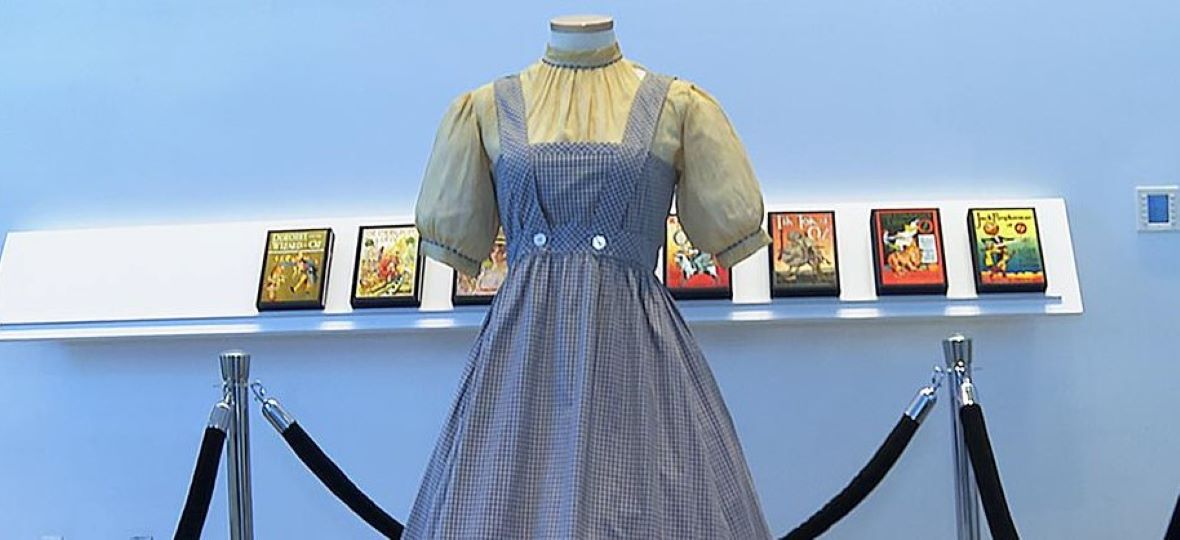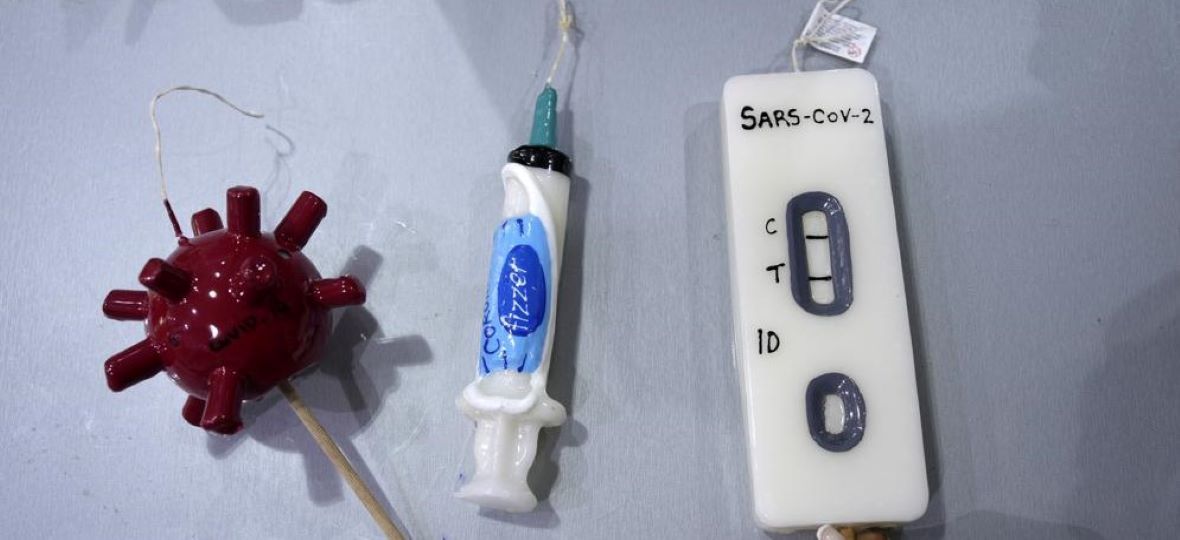Weird and wacky this week tells of trash a treasure, German driving measures, odd Easter pleasures, and a story we couldn’t have made up if we tried.
YOU CAN’T MAKE THIS STUFF UP
A woman who accidentally dropped her cellphone into the hole of an outhouse in a national forest and fell in while trying to retrieve it had to be rescued by firefighters in Washington state. The woman, who was at the top of Mount Walker in the Olympic National Forest, had been using her phone when it fell into the toilet. She disassembled the toilet seat and used dog leashes to try and get the phone and eventually used the leashes to tie herself off as she reached for it. That effort failed and she fell into the toilet headfirst.
The woman was alone and tried to get out for 10 to 15 minutes. Reunited with her phone, she called 911. Responding firefighters passed her blocks to stand on to reach a harness, which they used to pull her out of the vault. She was washed down and “strongly encouraged to seek medical attention after being exposed to human waste.” “I’ve been doing this for 40 years, and that was a first,” said the fire chief.
ONE MAN’S TRASH
A trove of paintings and other artwork found in a Connecticut dumpster has turned out to be worth millions. Waterbury auto mechanic Jared Whipple found the dirt-covered pieces in 2017 in a dumpster containing materials from a barn in Watertown, where Francis Hines, an abstract expressionist who died in 2016 at 96, had stored them. Hines was renowned for his “wrapping” pieces, in which fabric is wrapped around an object, including wrapping more than 10 buildings in New York including the Washington Square Arch. The hundreds of pieces of art retrieved by Whipple included paintings, sculptures, and small drawings with estimates that the “wrapped” paintings can be sold at around US$22,000 apiece and $4,500 for the drawings.
DRESS FOR SUCCESS

It’s one of the most recognizable outfits in American movie history, the blue-and-white checked gingham dress a young Judy Garland wore as Dorothy in the classic 1939 movie “The Wizard of Oz.” For decades, one of the versions of the dress Garland wore in the movie was assumed lost at Catholic University of America, where it had been given to someone in the drama department in the early 1970s. But the clearing out of some office clutter last year led to the finding of the dress in an old shoebox, and now it’s headed for the auction block on May 24 in Los Angeles, where it has a presale estimate of US $800,000 to $1.2 million.
THE NEED FOR SPEED
German prosecutors are not pressing charges against a Czech millionaire who posted a video of himself driving a high-powered sportscar along a German highway at speeds of at least 414 kph. Authorities concluded that Radim Passer had not broken the law or endangered anyone when he pushed his Bugatti Chiron to extreme speeds on a stretch of autobahn between Berlin and Hannover. Passer explained that he had conducted the stunt with strict safety measures along a 10-km straight section with three lanes and “visibility along the whole stretch.” More than two-thirds of Germany’s highway network has no speed limit, a feature that attracts foreign drivers who want to drive at breakneck speeds not permitted in their own countries.
COVID CANDLES GO UP IN SMOKE
Inside Greece’s Orthodox churches, candles are a symbol of faith and simplicity, slender and traditionally made of beeswax, and placed in large candleholders filled with sand. Outside, buyers are looking for a wow-factor to go with Easter gifts: They are sold with dolls, watches, and karaoke microphones, or fashioned using dyes and molds in eye-catching designs that include beer bottles, smartphones, and action heroes. This year, high-selling designs included pandemic-themed candles that resembled COVID-19 test kits, vaccination syringes and even red-coloured representations of the ball-and-spike shaped virus itself.
“This year, the COVID-test candle (was) definitely our best seller,” says Giorgos Souliotis, who runs an online Easter candle store and a seasonal goods store in Athens’ blue collar Korydallos area, one of the city’s most popular outlets for novelty candles. “People like to make light of something that has affected us all so badly. Last year, the top seller was a vaccination syringe-candle,” he said. His store carries more than 100 designs, with candles that resemble ice cream cones, sticks of dynamite, wrenches and kebabs. He works with a team of graphic designers, artists and workshops, the more intricate candles taking up to eight hours to make and selling for up to €20 ($27).


